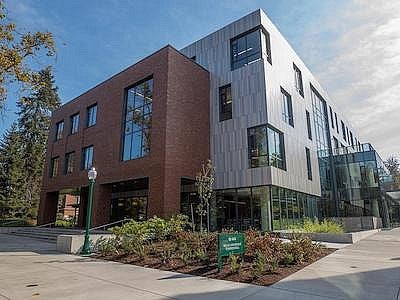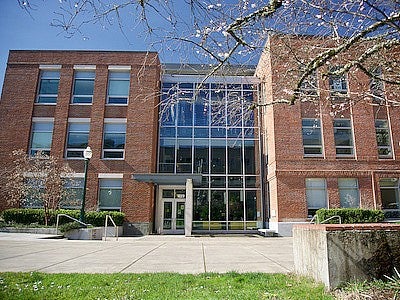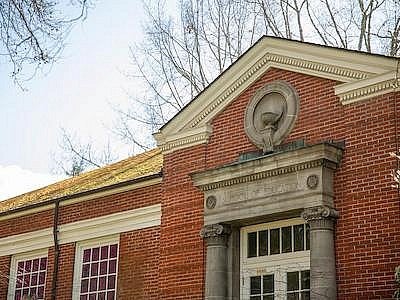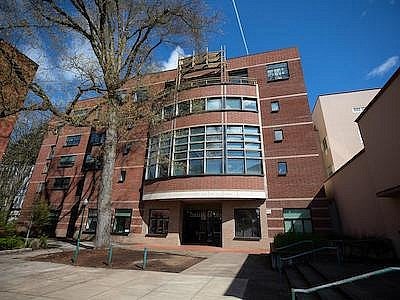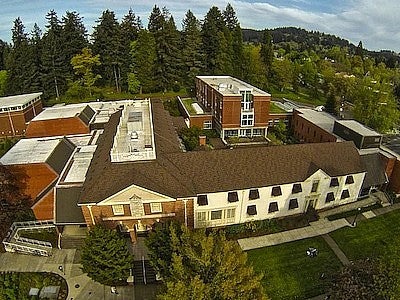Advising Year by Year
CHC advisors are important, but they’re not the only advisors you should be meeting with regularly. You'll also have a major advisor, housed in your major's academic program; access to career advising in your school or college; and more. Learn more about what's included in advising resources in the CHC and what you can get elsewhere on campus by clicking on your year at UO.
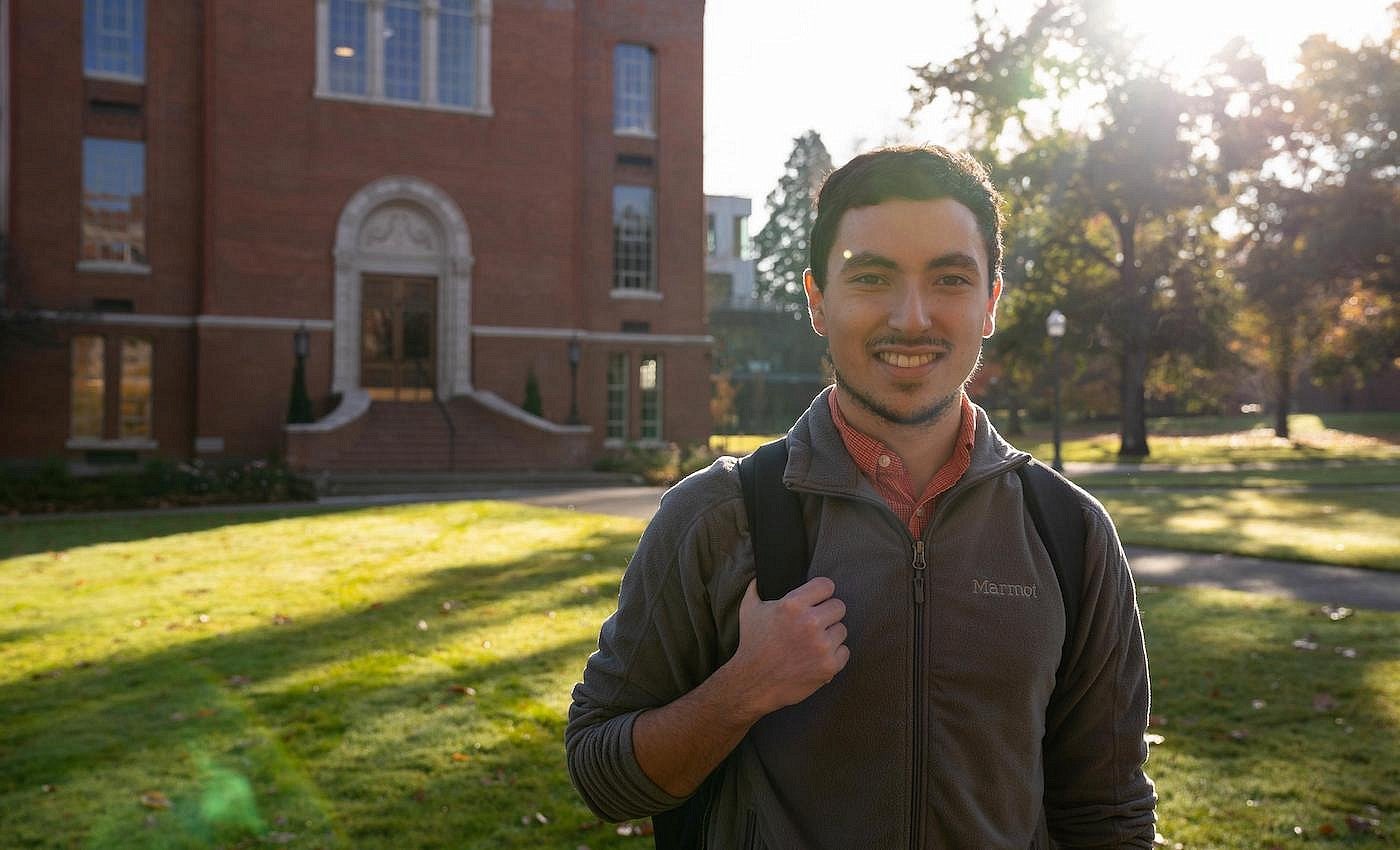
First-Year CHC Advising
CHC students in their first year are assigned to both a Peer Mentor and the college’s first-year advisor, Angela Rovak.
Your first-year advisor can help you with:
- CHC requirements
- Registration
- Graduation plans
- Academic progress and other concerns
- Connecting with campus resources
Curious about the CHC’s Residential Community? Visit our RC Community site:
Major Advising: Year 1
When you declare a major, you will be assigned to work with an advising team that specializes in your major. These advisors are best positioned to give guidance and advice on anything and everything related to successful completion of your major and preparation for your future career. Click your major's school or college to get connected with its advising team.
Haven’t yet declared a major? Exploring students can meet with a CHC first-year advisor for assistance with major exploration.
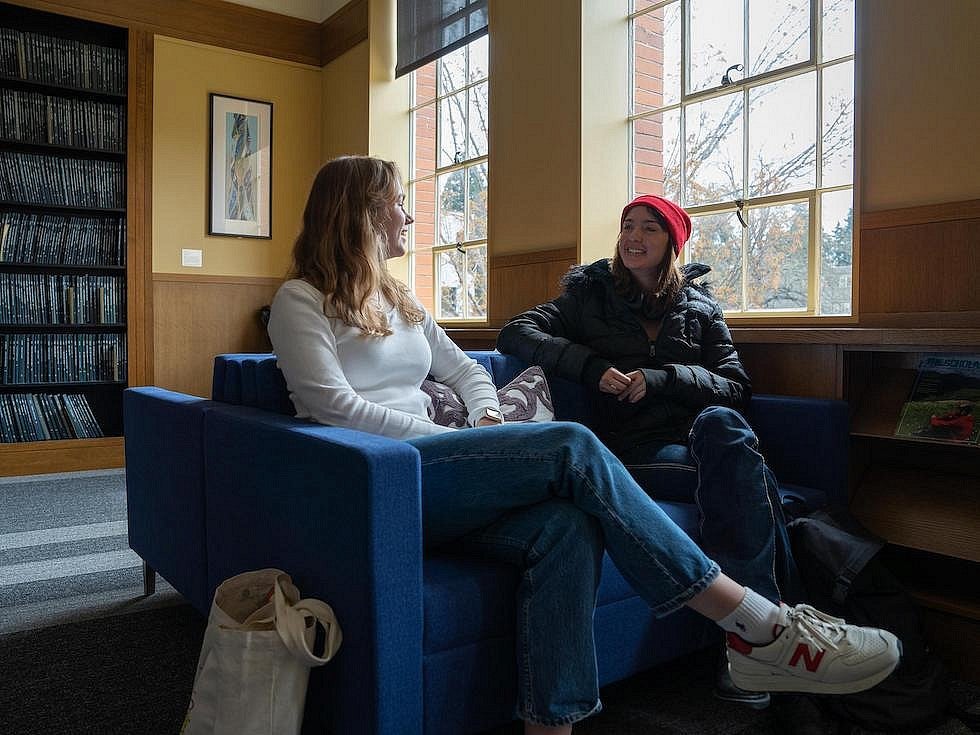
CHC Peer Mentors
Peer mentors are here to help first-year CHC students navigate the often unclear and confusing moments that arise during everyone's academic journey. More so than that, they are here to help support you and offer their personal perspectives and experiences on a myriad of aspects of student life including the CHC curriculum and requirements, how to balance your schedule, how to get involved in campus, and how to find resources to help alleviate other concerns.
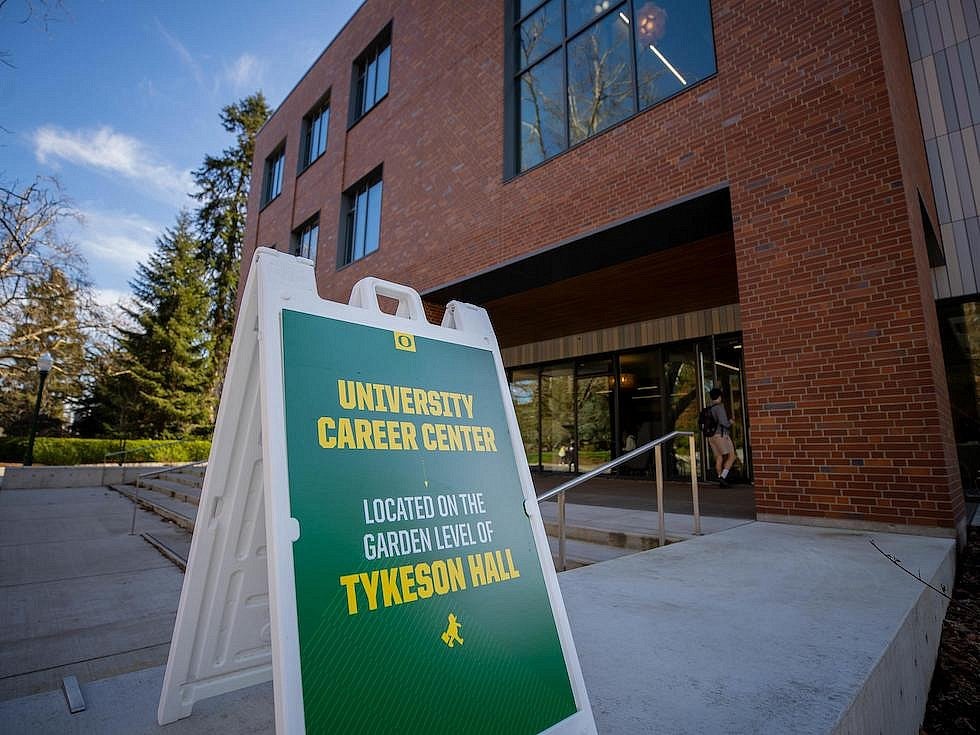
First-Year Career Advising
You should also plan to visit some of these specialized career advising resources on campus, as they can help you to find on- and off-campus jobs, internships, research opportunities, and more. It’s not too early to make use of these resources in your first year!
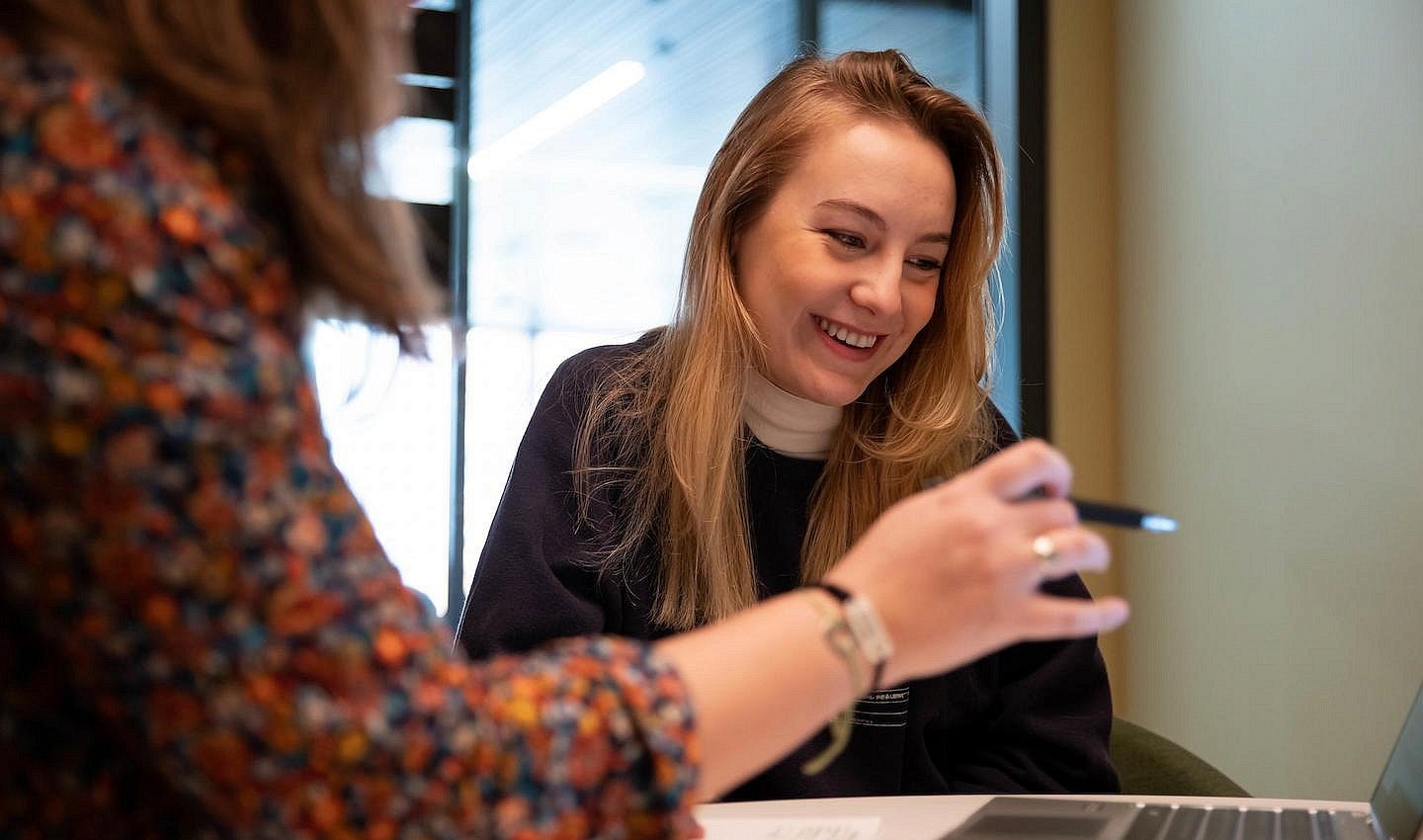
Second-Year CHC Advising
CHC students in their second year are assigned to one of the college’s core faculty advisors.
Your CHC faculty advisor can help you with:
- CHC requirements and registration
- Graduation plans
- Academic progress and other concerns
- Connecting with campus resources
- CHC thesis process
Not sure who your CHC faculty advisor is? Contact the CHC Reception Desk, honors@uoregon.edu, to find out.
Major Advising: Year 2
When you declare a major you will be assigned to work with an advising team that specializes in your major. These advisors are best positioned to give guidance and advice on anything and everything related to successful completion of your major and preparation for your future career. Click your major's school or college to get connected with its advising team.
Remember that exploring students must declare a major by the end of week 4 of Spring term of their sixth term of attendance at UO. See the UO's Major Declaration Policy.
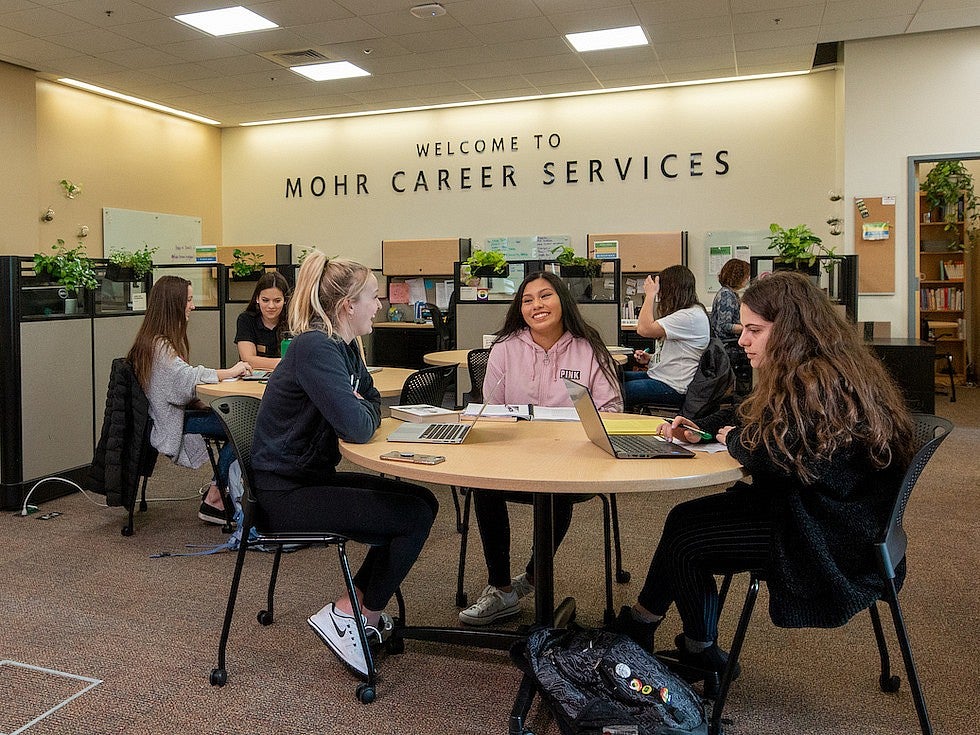
Second-Year Career Advising
You should also plan to visit some of these specialized career advising resources on campus, as they can help you to find on- and off-campus jobs, internships, research opportunities, and more. Pre-professional opportunities can help you to start exploring potential thesis topics!
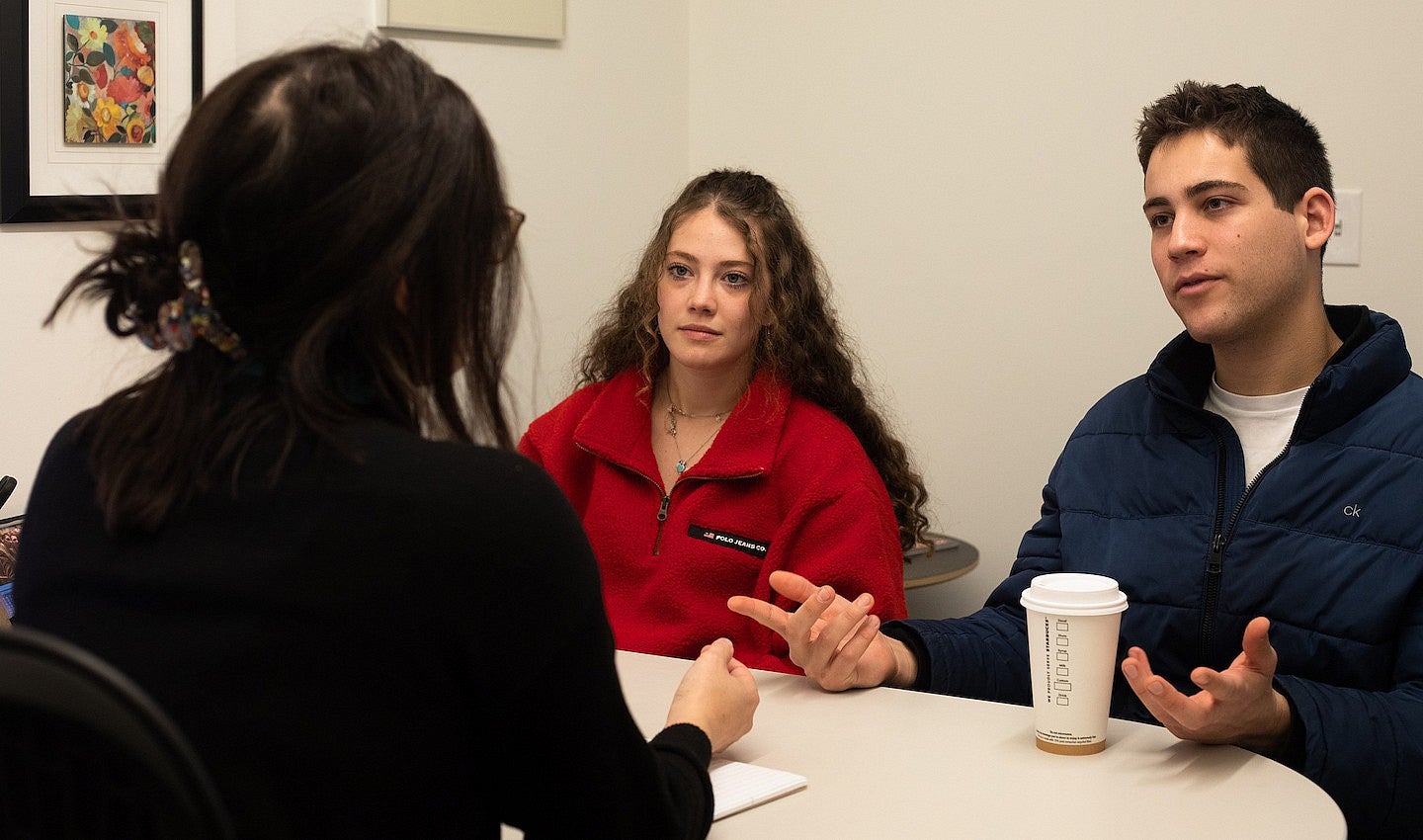
Third-Year CHC Advising
CHC students in their third year are assigned to one of the college’s core faculty advisors.
Your CHC faculty advisor can help you with:
- CHC requirements and registration
- Graduation plans
- Academic progress and other concerns
- Connecting with campus resources
- CHC thesis process
If your original faculty advisor is on leave this year or is no longer a CHC core faculty member, you have been reassigned to another faculty advisor, either temporarily or permanently. Faculty advisor assignments also sometimes change for administrative reasons.
Not sure who your CHC faculty advisor is? Contact the CHC Reception Desk, honors@uoregon.edu, to find out.
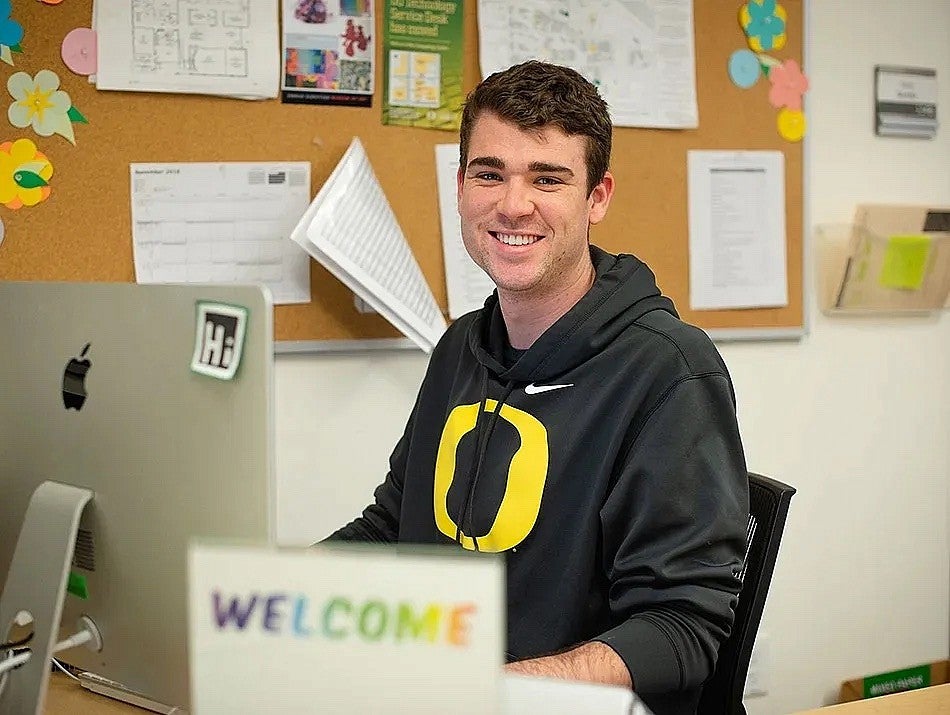
Third-Year Career Advising
You should also plan to visit some of these specialized career advising resources on campus, as they can help you to find on- and off-campus jobs, internships, research opportunities, and more!
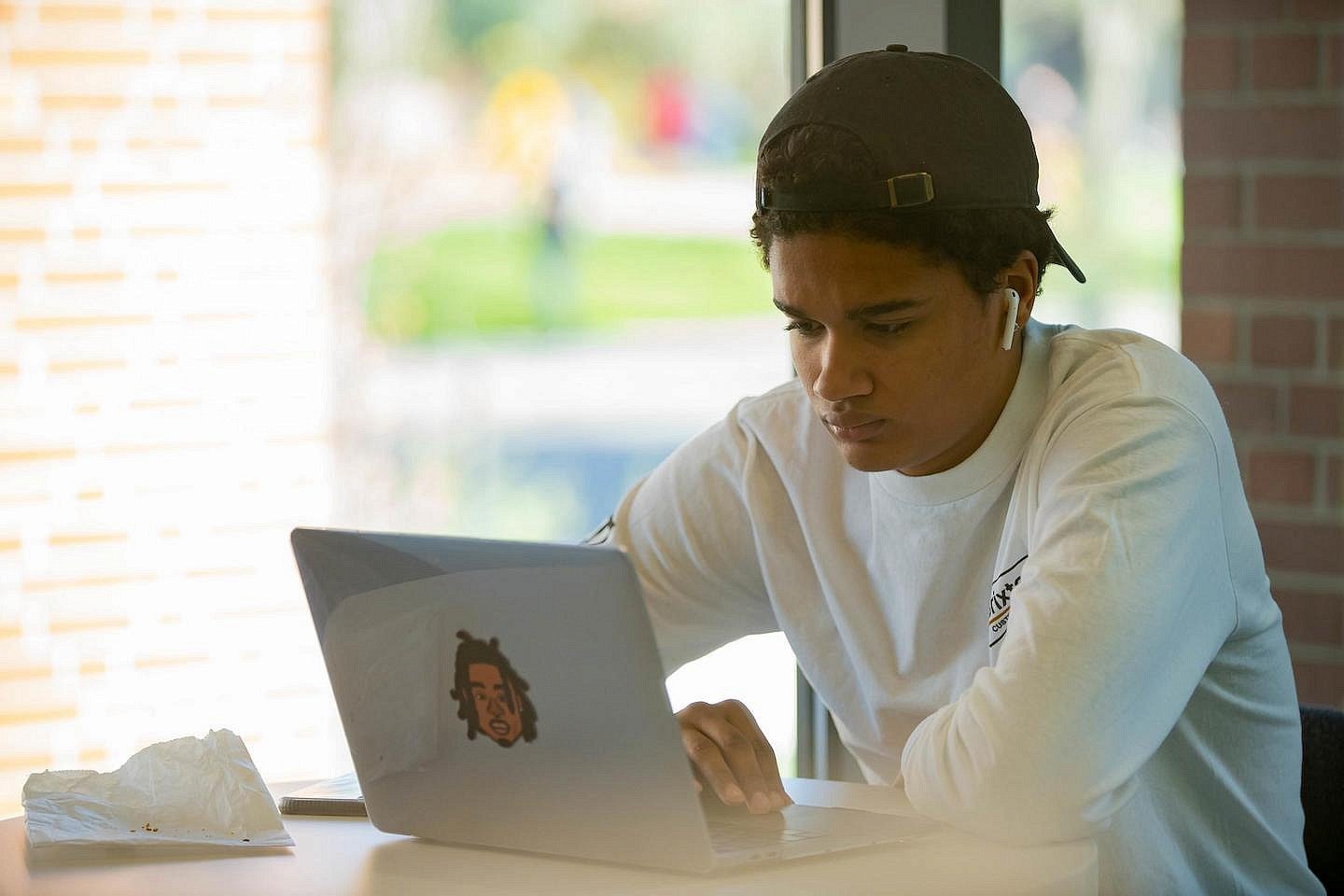
Fourth-Year and Up CHC Advising
CHC students in their fourth year and up are assigned to one of the college’s core faculty advisors, who can help you with:
- CHC requirements and registration
- Graduation plans
- Academic progress and other concerns
- Connecting with campus resources
- CHC thesis process
If your original faculty advisor is on leave this year or is no longer a CHC core faculty member, you have been reassigned to another faculty advisor. Faculty advisor assignments also sometimes change for administrative reasons.
Not sure who your CHC faculty advisor is? Contact the CHC Reception Desk, honors@uoregon.edu, to find out.
Major Advising: Year 4 and up
When you declare a major you will be assigned to work with an advising team that specializes in your major. These advisors are best positioned to give guidance and advice on anything and everything related to successful completion of your major and preparation for your future career. Click your major's school or college to get connected with its advising team.
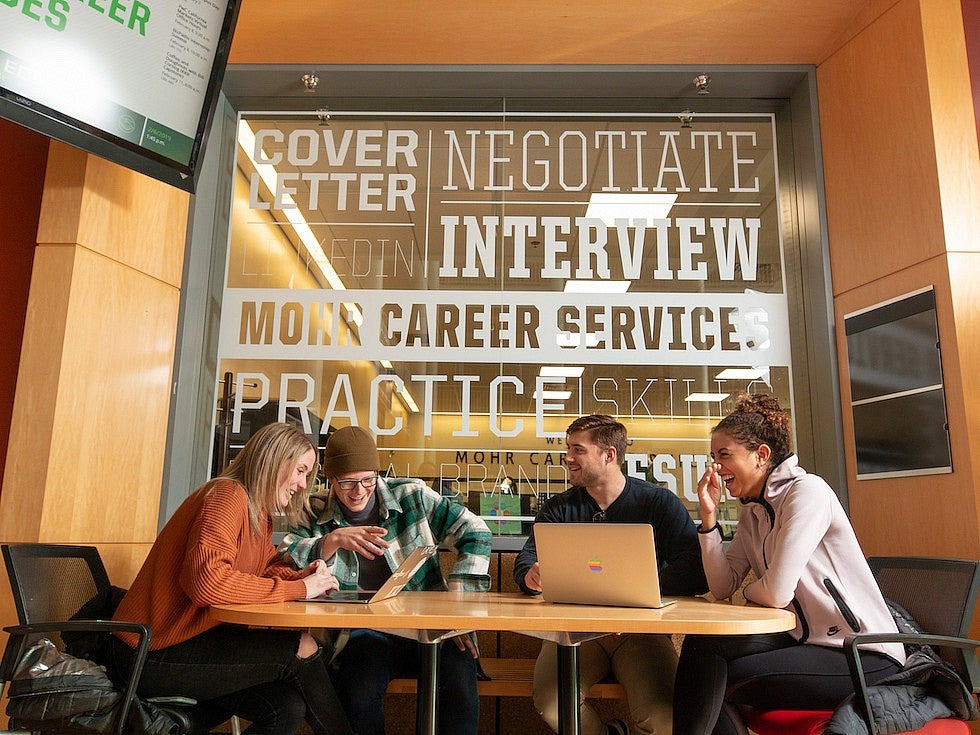
Fourth-Year and Up Career Advising
You should also plan to visit some of these specialized career advising resources on campus, as they can help you to find on- and off-campus jobs, internships, research opportunities, as well as your first job after finishing your degree!

